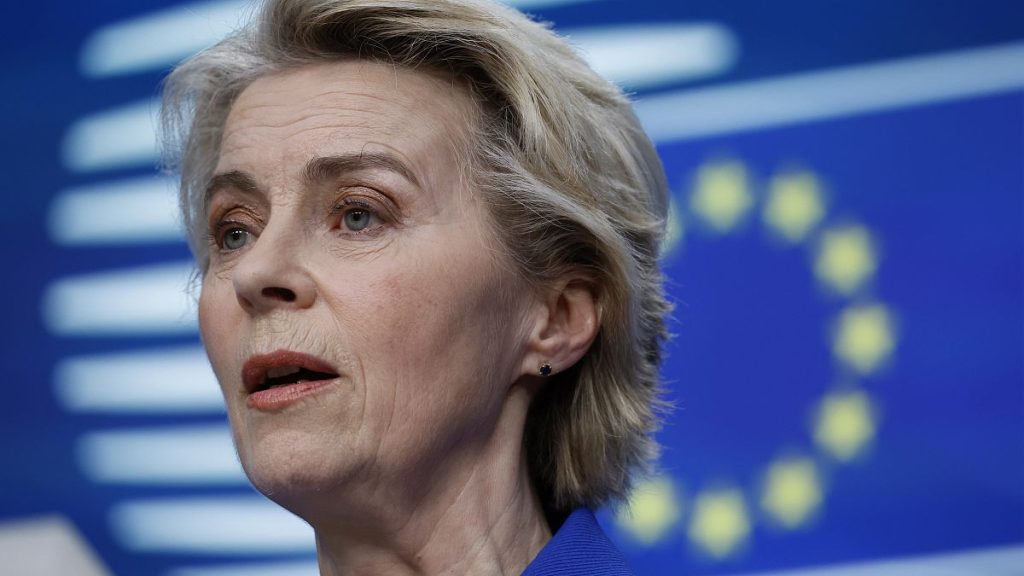The European Commission is currently undergoing internal deliberations regarding a significant restructuring of its Directorate-General for International Partnerships (DG INTPA), specifically focusing on the downsizing of its global network of offices. While plans are under consideration to consolidate the existing network of approximately 100 delegations down to 18 strategically located hubs, the Commission maintains that no final decision has been made and discussions are still in progress. This proposed restructuring has prompted questions about the rationale behind such a drastic reduction in physical presence, the potential impact on staff, and the overall effectiveness of the EU’s international partnerships in the future.
The leaked internal document outlining the proposed restructuring indicates a shift in strategy, moving away from a widely dispersed network to a more concentrated presence in key regions. The 18 proposed hubs would be located in Africa, Asia, and the Latin America/Caribbean region, reflecting the EU’s strategic priorities for international partnerships. The document argues that the current model, established 25 years ago, is outdated and no longer effectively addresses the need for focused strategic engagement and operational agility in a rapidly changing global landscape. This restructuring is presented as a necessary step to optimize resource allocation and streamline operations, enabling the EU to pursue more impactful and strategically aligned international partnerships.
The European Commission spokesperson, Anitta Hipper, while acknowledging the ongoing internal discussions, declined to comment on the specifics of the leaked document, including potential staff reassignments or budgetary implications. She emphasized that the EU’s commitment to maintaining a strong international presence remains unchanged, and the restructuring process aims to ensure the effective delivery of all EU policies within the constraints of existing budget realities and evolving political priorities. This reassurance seeks to address concerns that a reduced physical presence might equate to a diminished commitment to international partnerships.
The proposed consolidation raises several key considerations. Firstly, the rationale behind concentrating resources in fewer locations needs further scrutiny. While a streamlined approach may offer benefits in terms of efficiency and strategic focus, the potential loss of local expertise and on-the-ground insights in countries without dedicated hubs must be carefully evaluated. Secondly, the impact on DG INTPA staff in the affected delegations requires transparent communication and careful management to minimize disruption and ensure a smooth transition. Finally, the success of this restructuring hinges on the effective utilization of technology and other tools to maintain engagement and collaboration with partner countries beyond the designated hubs.
The shift towards a hub-based model reflects a broader trend observed in international organizations seeking to optimize their operations in a complex global environment. By concentrating expertise and resources in strategic locations, the EU aims to enhance its ability to respond to emerging challenges and opportunities in international partnerships. However, the effectiveness of this approach will depend on the careful planning and execution of the transition, ensuring that the reduction in physical presence does not compromise the quality and impact of the EU’s engagement with partner countries.
The ongoing reflections within the European Commission underscore the dynamic nature of international partnerships and the continuous need to adapt to evolving circumstances. As the Commission moves forward with these deliberations, transparency and open communication with stakeholders will be crucial to ensure a smooth and effective transition to the proposed new model. The ultimate success of this restructuring will be measured by its ability to enhance the EU’s ability to achieve its objectives in international partnerships, contributing to sustainable development and global stability.

